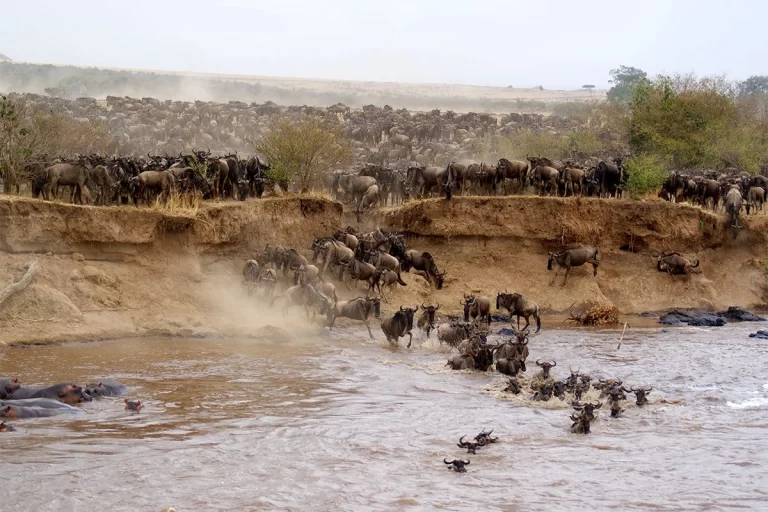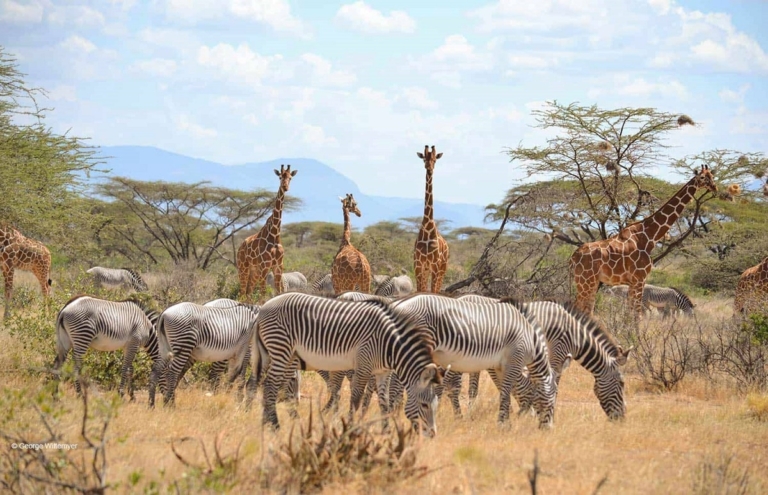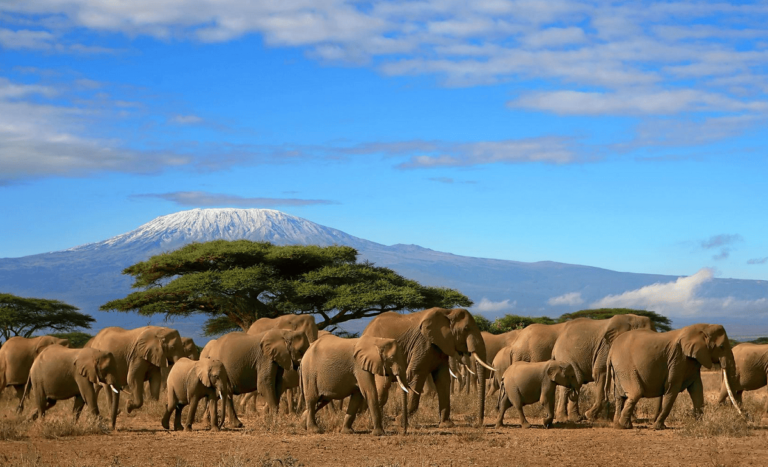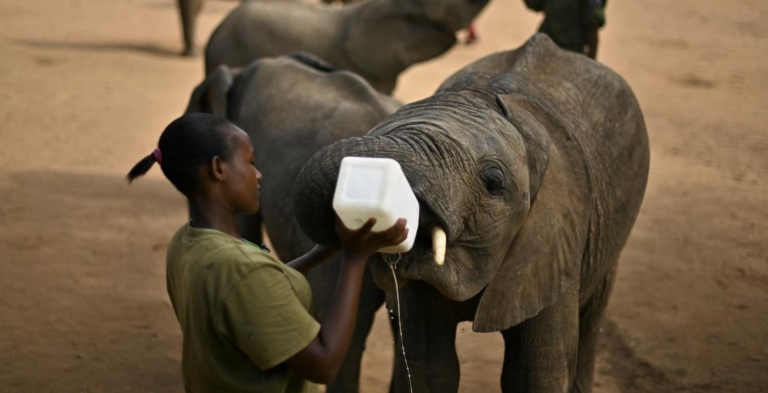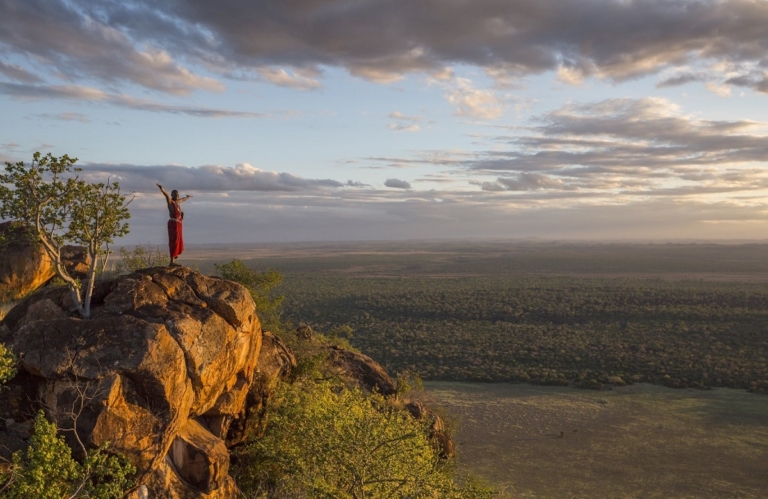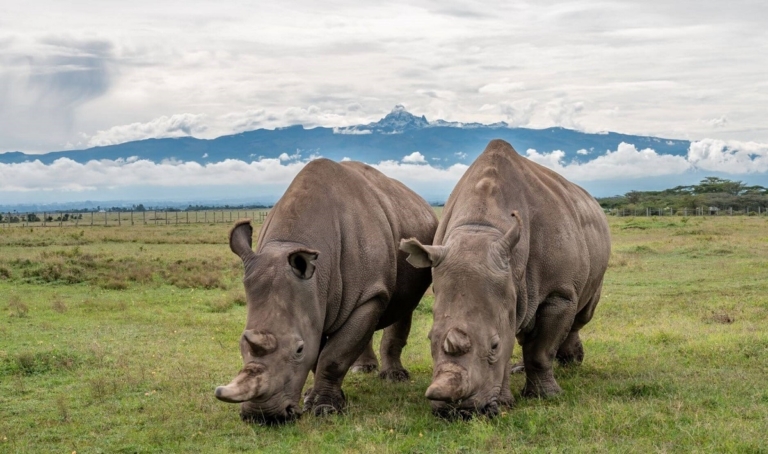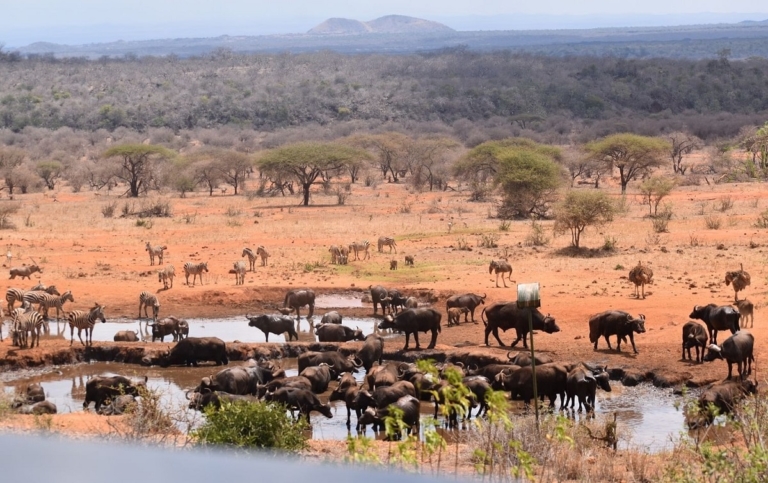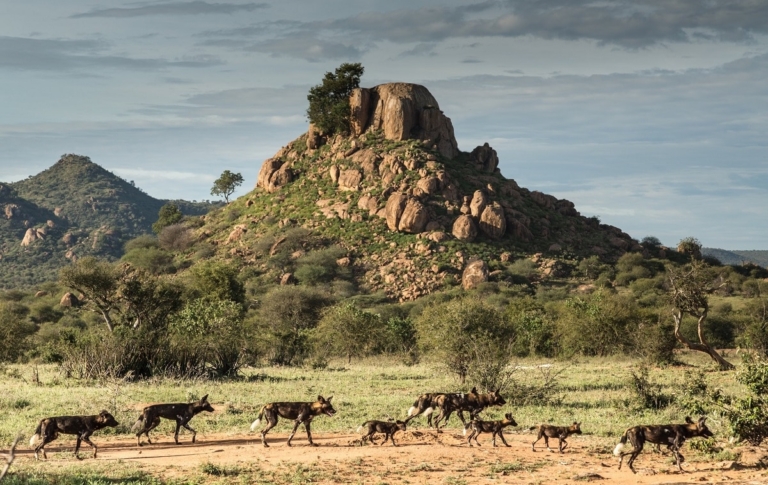Kenya
Top Destinations Kenya
Kenya, officially known as the Republic of Kenya (Swahili: Jamhuri ya Kenya), is a captivating country in East Africa. Let me share some interesting facts about Kenya:
Geography and Wildlife: Kenya boasts diverse landscapes, from snow-capped peaks like Mount Kenya to the Great Rift Valley and lush forests. It’s home to abundant wildlife, including the famous Maasai Mara National Reserve, where you can witness the thrilling wildebeest migration. 🦓🌿
Cities: Nairobi: The capital and largest city, Nairobi, is a vibrant hub with a mix of modern skyscrapers and wildlife sanctuaries.Mombasa: A major port city on Mombasa Island, it offers historical sites like Fort Jesus and beautiful beaches along the Indian Ocean. 🏖️
Kisumu: Located on Lake Victoria, Kisumu is known for its museum, impala sanctuary, and scenic views. 🌅
Culture and Language: Swahili and English are the official languages. Kenya’s diverse ethnic groups contribute to its rich cultural heritage. 🎨
Population: With over 47.6 million people, Kenya ranks as the 28th most populous country globally and the 7th in Africa. 🌟
Remember, Kenya’s motto is “Harambee” (English: “Let us all pull together”), reflecting its unity and resilience. If you’re ever planning a visit, consider exploring its national parks, vibrant cities, and warm hospitality! 🇰🇪
Best Time To Go On a Trip to Kenya
The best time to visit Kenya is from June to October. During this period, there’s virtually no rain, and daytime temperatures are not too hot. It’s an excellent time for wildlife viewing, especially in parks like the Masai Mara. The wildebeest migration usually reaches the Masai Mara in July or August, remaining in Kenya throughout September. If you’re keen on spotting wildlife, these months are ideal. Additionally, January and February (between the rains) offer great conditions for a visit. 🌿🦓🌞
Keep in mind that Kenya’s diverse geography and moderate climate make it a year-round safari and beach holiday destination1. Enjoy your trip! 🌍🐘🌴
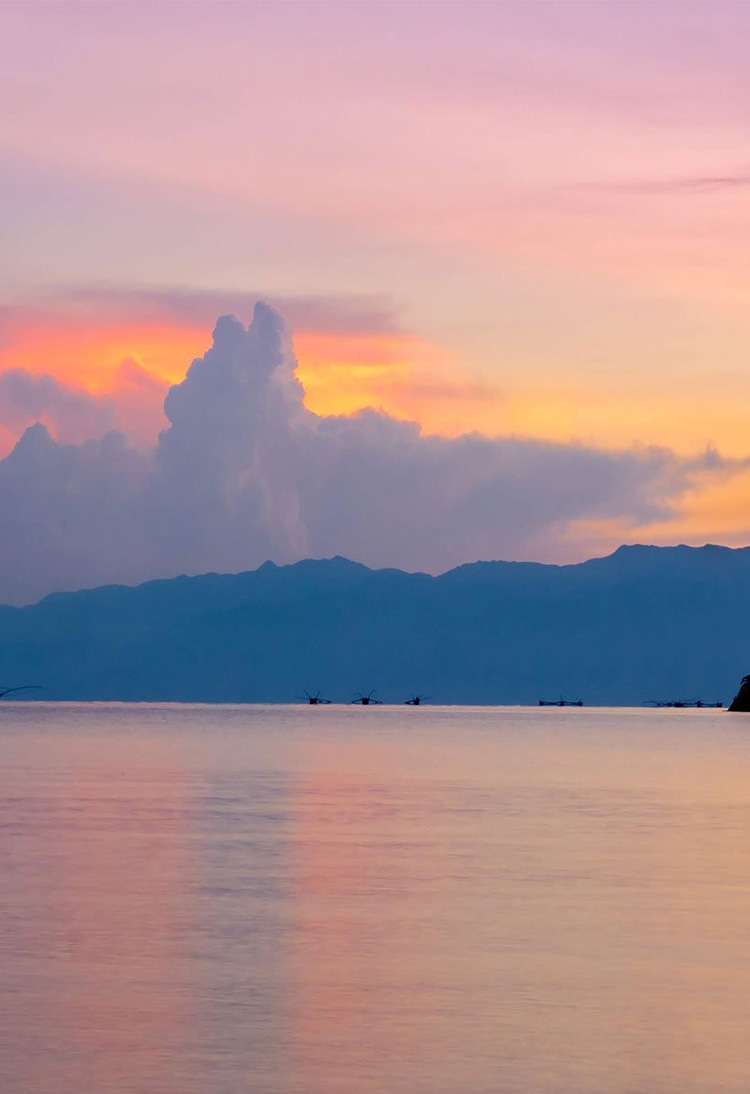
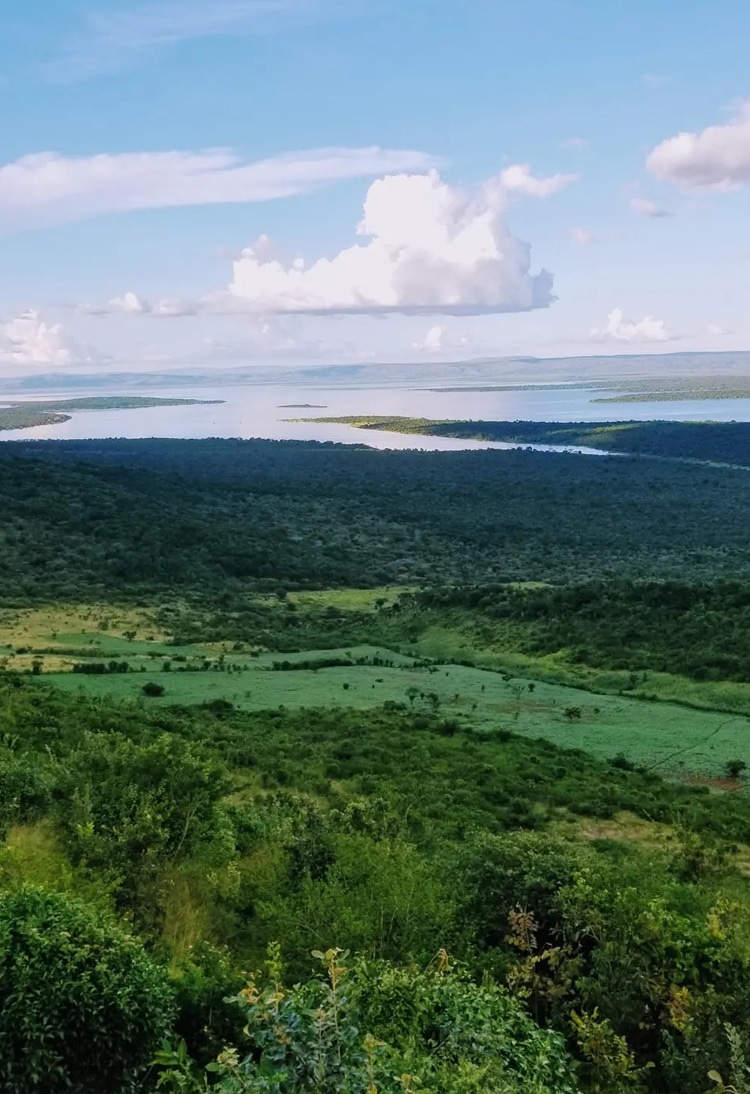
How Is The Kenya Climate?
Kenya’s climate varies across different regions due to its diverse geography. Here’s a summary:
Coastal Areas (Zone 1): Along the coast (including cities like Malindi, Lamu, and Mombasa), the climate is hot and humid year-round. The warmest period is from February to March, while the coolest is from July to August. Average temperatures in Malindi range from 24.6°C (76°F) in January to 31°C (88°F) in February1. Rainfall occurs mainly in downpours or thunderstorms, with two rainy seasons: the “long rains” from March to May and the less intense “short rains” from October to December.
Plateaus and Highlands (Zone 2): In areas like Nairobi, Masai Mara, and Mount Kenya, the climate is temperate. Daytime temperatures average between 20°C (68°F) and 28°C (82°F). Rainfall is more abundant, especially between June and September.
Arid Zone (Zone 3): The north and east experience a hot and dry climate. Rainfall is scarce, typically below 500 mm (20 inches) per year.
Remember that Kenya lies on the equator, so it doesn’t have distinct winter and summer seasons. Overall, it’s sunny, dry, and pleasant most of the year, with regional variations based on altitude and prevailing winds.
Entry Requirements And Vaccines
When visiting Kenya, here are some important health and vaccine considerations:
COVID-19 Vaccination and Testing:
COVID-19 vaccines approved by the World Health Organization are considered valid in Kenya.
All passengers aged 5 and over must present a valid negative COVID-19 PCR test certificate issued within 72 hours before departure.
Routine Vaccines:
Make sure you are up-to-date on routine vaccines, including Chickenpox (Varicella), Diphtheria-Tetanus-Pertussis, Flu (influenza), Measles-Mumps-Rubella (MMR), and Polio.
COVID-19 vaccines are also recommended for all eligible travelers.
Chikungunya:
Chikungunya virus transmission has occurred in Kenya within the last 5 years.
Consider chikungunya vaccination if you are aged 65 or older, especially with underlying medical conditions, or if you plan to stay in Kenya for 6 months or more.
Yellow Fever Vaccination:
If you’re coming from a country listed as a yellow fever transmission risk, you must have a yellow fever vaccination certificate to enter Kenya.
Remember to consult your doctor at least a month before your trip to ensure you have the necessary vaccinations and health precautions. Safe travels! 🌍✈️
Passport And Visas
Certainly! When planning a trip to Kenya, here are the essential details regarding passports and visas:
Passport Validity:
Your passport must be valid for at least six months from your date of entry into Kenya.
Ensure you have two blank pages available in your passport for entry and exit stamps.
Tourist Visa:
Yes, a tourist visa is required for most travelers visiting Kenya.
You can apply for a visa through the eVisa website before your trip.
The application process involves filling out a form, uploading necessary documents (such as a passport-sized photo and a copy of your passport’s biographical page), and paying the processing fee online.
Remember to check the latest travel advisories and requirements before your journey. Safe travels!
Kindly download our
How we work & packages guide
We take pride in being among the best and most ethically-responsible tour operators/ travel agents in East Africa. We believe it is essential to connect as many elements that make a memorable safari adventure to our clients as possible to support that vision.
